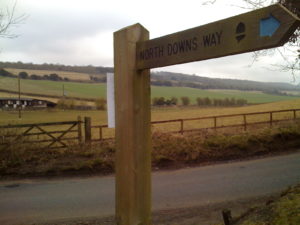The initial exit polls have been published just as the polls closed. They show the Torys on somehting well over 300, Labour on 255 and the Lib Dems getting somewhere in the mid-60’s
If the Tories were much above 300 seats in the House of Commons they could pretty much get business done with the help of the Ulster Unionists and perhaps a few other deals.
If they end up with a figure closer to 300 the Lib Dems and Labour might fell they are in a position to say “Hold on, you’ve no mandate”


